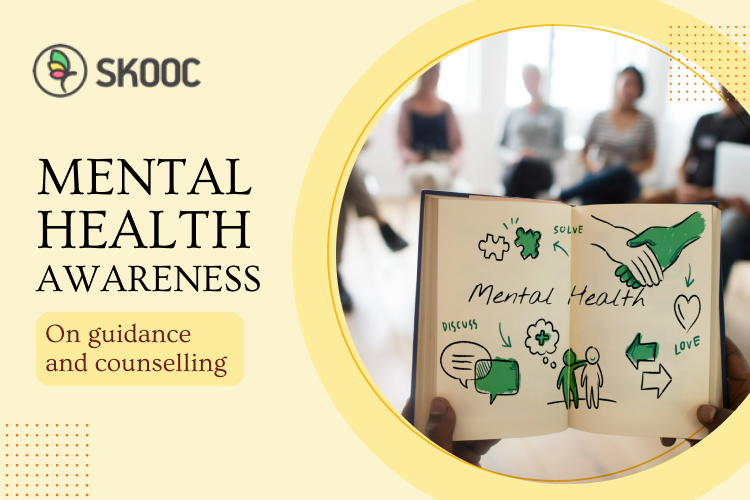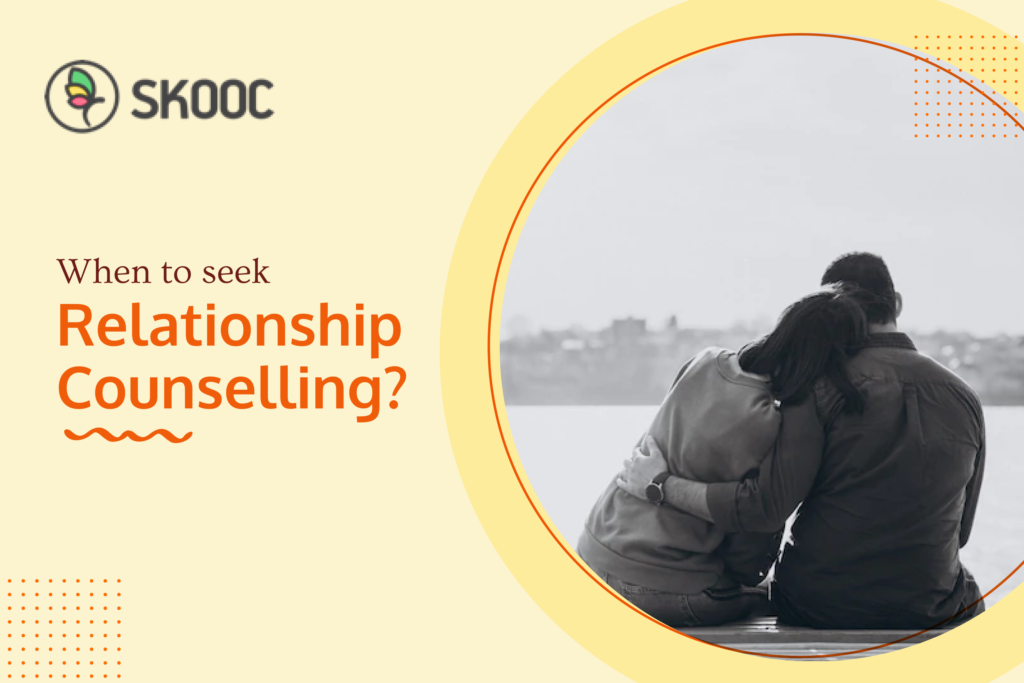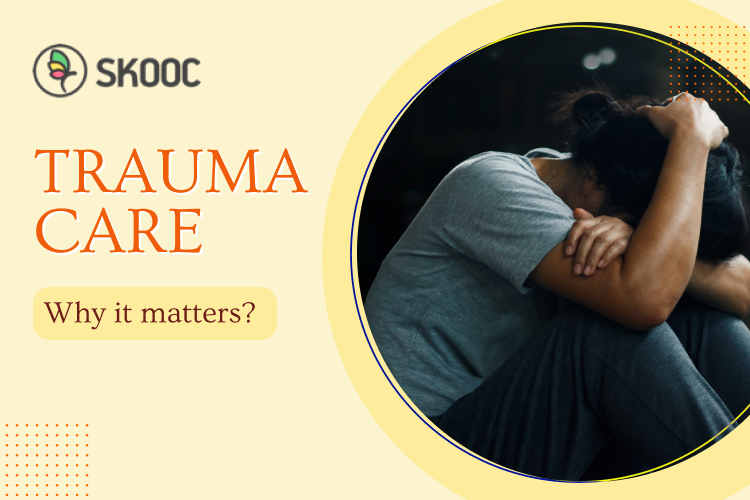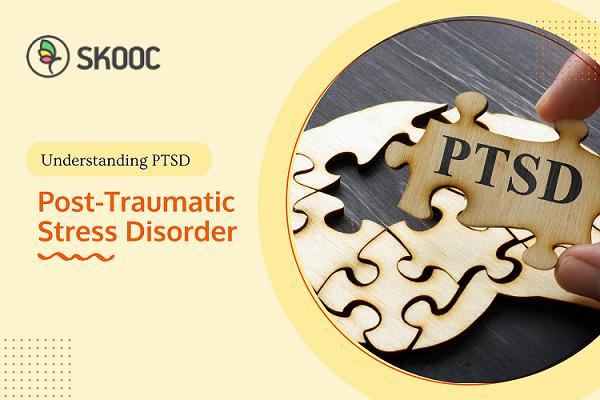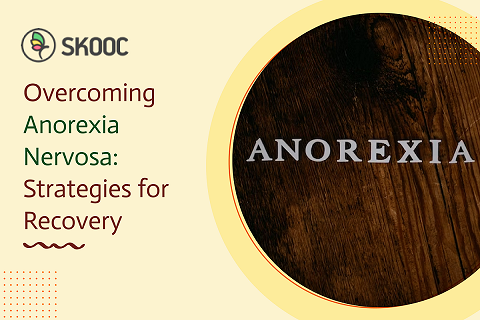
Anorexia nervosa is a serious eating disorder that affects millions of people worldwide. It’s characterized by an obsessive desire to lose weight and an intense fear of gaining weight, resulting in severe food restriction and often extreme weight loss. Recovering from anorexia nervosa can be challenging and requires a combination of psychological, medical, and nutritional interventions. In this blog, we will discuss some strategies for overcoming anorexia nervosa and preventing relapse with the help of a counselling psychologist.
Impact of Anorexia Nervosa:
Anorexia nervosa can have a severe impact on an individual’s physical, emotional, and social well-being. People with anorexia often experience malnutrition, which can lead to a wide range of physical complications such as low heart rate, low blood pressure, and electrolyte imbalances. Additionally, anorexia can cause emotional disturbances such as depression, anxiety, and irritability, making it difficult for individuals to function in their day-to-day lives. Furthermore, anorexia can have social implications, such as isolation and strained relationships with family and friends.
Strategies for Overcoming Anorexia Nervosa:
Seek Professional Help: It’s essential to seek professional help when recovering from anorexia nervosa. A combination of medical, psychological, and nutritional interventions is usually necessary for successful recovery. A mental health professional, such as a therapist or psychiatrist, can provide emotional support and help individuals develop coping strategies. A medical professional, such as a doctor or nutritionist, can monitor physical health and provide nutritional guidance.
Develop Healthy Coping Mechanisms: People with anorexia often use disordered eating behaviours as a way to cope with emotional distress. Developing healthy coping mechanisms, such as journaling, meditation, or exercise, can help individuals manage their emotions without resorting to disordered eating behaviours.
Address Underlying Issues: Anorexia nervosa is often a symptom of underlying psychological issues such as anxiety, depression, or trauma. Addressing these underlying issues through therapy or other forms of mental health treatment can help individuals overcome their eating disorders.
Establish a Support System: Building a support system of family, friends, and mental health professionals can provide a crucial source of emotional support during the recovery process. Joining a support group of individuals who have gone through similar experiences can also provide a sense of community and understanding.
Relapse Prevention Strategies:
Practice Self-Care: Practicing self-care, such as getting enough sleep, eating balanced meals, and engaging in enjoyable activities, can help prevent relapse.
Recognize Warning Signs: Learning to recognize warning signs, such as negative thoughts or feelings of anxiety, can help individuals intervene before relapse occurs.
Stay Accountable: Staying accountable to oneself and one’s support system can provide a sense of motivation and prevent individuals from slipping back into disordered eating behaviours.
Continue Therapy: Continuing therapy or other forms of mental health treatment can help individuals address any underlying issues that may lead to relapse.
How Skooc Can Help:
Skooc provides an online platform for individuals to access mental health resources, including counselling and therapy, from the comfort of their own homes. Skooc’s team of experienced counselling psychologist can provide support and guidance throughout the recovery process. Additionally, Skooc offers a range of self-help tools, such as guided meditations and cognitive-behavioural therapy exercises, that can aid in the development of healthy coping mechanisms and relapse prevention strategies.
In conclusion, overcoming anorexia nervosa can be a long and difficult journey, but it is possible with the right strategies and support. Recovery requires a combination of physical, psychological, and social interventions, including proper nutrition, therapy, and support from loved ones. Relapse prevention is also important to maintain progress and avoid setbacks. Seeking professional help from a mental health clinic or working with a counselling psychologist through Skooc can be an essential part of recovery and relapse prevention. Remember, recovery is possible and you are not alone. Don’t hesitate to reach out for help and support.
Resources:
Eating Disorder Awareness Week in India 2023
Coping with Bulimia Nervosa: Strategies for Managing Triggers
